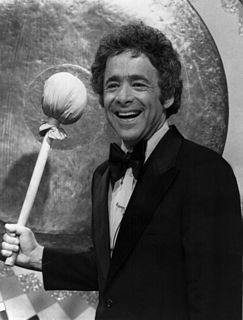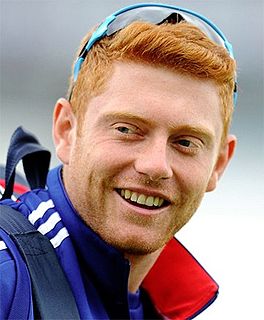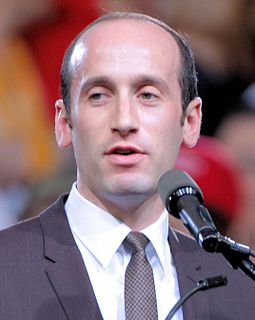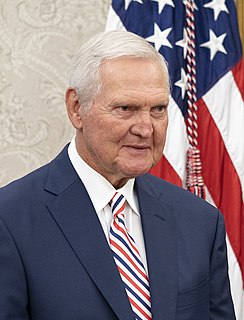A Quote by Laura Hillenbrand
I think if I had been writing fiction, where the work is entirely dependent on the writer's creativity and the potential directions the narrative might take are infinite, I might have frozen
Related Quotes
I think all of us begin as writers. I wanted to be a writer from the time I as eight, long before I heard of jazz. The question is, once you have that obsession, what is your subject going to be and you often don't know for some time. It might become fiction, it might be non-fiction, and if it's non-fiction it can go in any number of directions.
And it dawned on me that I might have to change my inner thought patterns... that I would have to start believing in possibilities that I wouldn't have allowed before, that I had been closing my creativity down to a very narrow, controllable scale... that things had become too familiar and I might have to disorientate myself. p.71


































